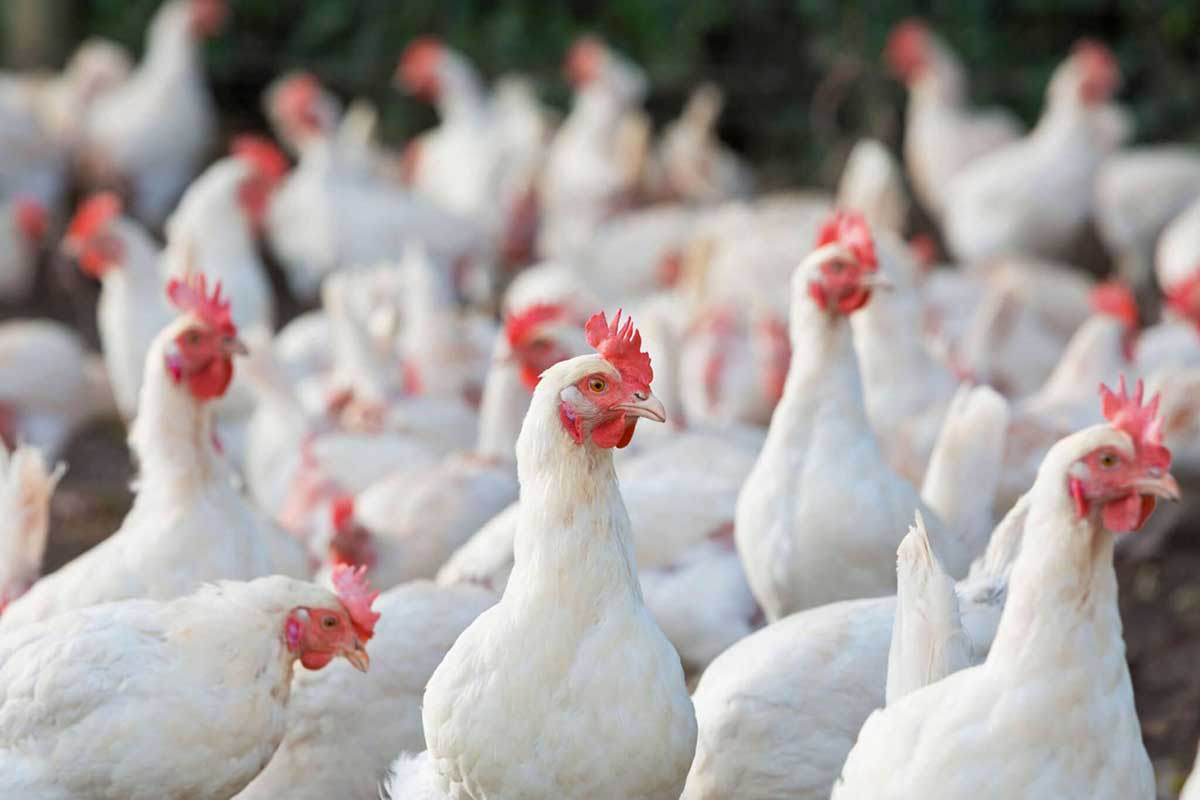
The Iloilo City Veterinarian Office (CVO) appealed to poultry raisers, egg suppliers, and sellers to cooperate with the temporary ban on poultry and egg products from Luzon for the sake of public health and the local poultry industry.
City Veterinarian Dr. Tomas Forteza said the ban of live poultry and non-poultry animals including egg products from Luzon is only temporary. Hence, local stakeholders should comply to prevent the entry of “bird flu” in the metro.
Forteza stressed that the temporary ban is meant to protect the public from the threats of “bird flu” and not to hamper the operations of local stakeholders.
“Indi ni ya pagpugong sang negosyo kundi ang priority gid sang national government is to protect public health. I hope maintindihan ninyo nga ang ginaubra namon is to protect your health indi namon gusto nga nag-agi na ta sa COVID-19, we don’t want may additional problem sa public health nga maka-apekto sa tawo,” he said in an interview with Radyo Pilipinas Iloilo on Friday.
Iloilo City has temporarily banned the entry of poultry and non-poultry birds such as chicken, ducks, gamefowls, pigeons, quails including egg products from Luzon last week thru the issuance of executive orders.
Under the EO, the entry of live poultry and non-poultry birds including egg products from Luzon is prohibited in the metro from April 20 to May 7, 2022.
The temporary ban shall cover live birds (poultry or non-poultry) particularly all species of live birds except day-old breeder chicks, day-old pullets, and hatching eggs from Luzon.
The EO also prohibits the transport and movement of pigeons for racing, flying, training, breeding, and
Entry of egg products from Luzon such as table eggs, salted eggs, quail eggs, embryonated eggs (balut) is likewise banned.
Forteza said while the city has not been identified as a priority area for surveillance for bird flu, they have been continuously monitoring the poultry industry.
“Indi kita dala sa listahan sang priority areas for surveillance but the task force created for African Swine Fever (ASF) was tasked to monitor and magkuha information sa aton mga kabaranggayan agod mabantayan ang bird flu,” he said.
Currently, Forteza said they are monitoring poultry farms particularly mortality rates of poultry animals in the different barangays in the metro.
The City Veterinarian explained that the current highly pathogenic avian influenza (HPAI) or the H5N1 strain reported in the country has a high mortality rate and can be transmitted and pose threats to humans.
“The H5N1 strain pwede matransfer sa tawo which could eventually lead to death that is why ginacurtail gid naton ini. Once ma-detect ini sa poultry farms, dapat ieliminate tanan nga birds sa farm,” he said.
According to the Food and Agriculture Organization of the United Nations (FAO), the widespread persistence of H5N1 in poultry populations poses main risks for human health.
There is a small risk of direct infection when the virus passes from poultry to humans and causes severe disease. Unlike normal seasonal influenza, where infection causes only mild respiratory symptoms in most people, the disease caused by H5N1 follows an unusually aggressive clinical course, with rapid deterioration and high fatality.
Currently, Forteza said they have not monitored any bird flu cases in the metro. (DG)



















